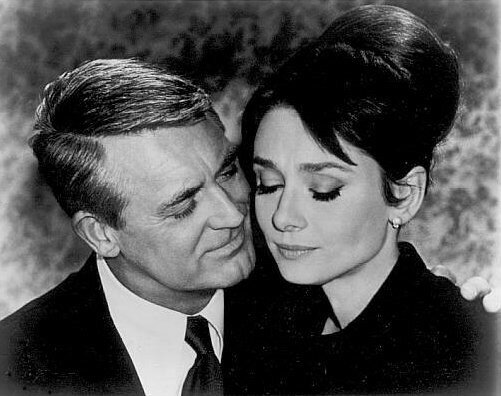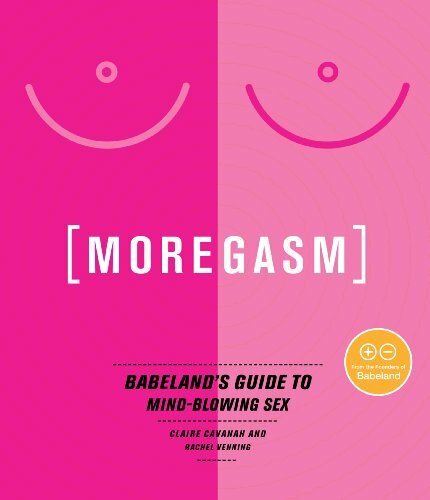 I was excited to be in the first real romantic relationship of my life. The guy I’d had a crush on for years wanted me, we were “in love” and having fun, and I was sharing orgasms with someone for the first time. If I’d known the telltale signs to watch for that belie the bliss and give an ugly whiff of future abusive behavior I’d have run away screaming, but at the time I thought that things were going pretty well.
I was excited to be in the first real romantic relationship of my life. The guy I’d had a crush on for years wanted me, we were “in love” and having fun, and I was sharing orgasms with someone for the first time. If I’d known the telltale signs to watch for that belie the bliss and give an ugly whiff of future abusive behavior I’d have run away screaming, but at the time I thought that things were going pretty well.
Not so Reginald. To him it was a persistent and serious problem that I wasn’t Lily. Almost as unbearable was the fact that he wasn’t, and never would be, Jack.
To me, Legend was a mediocre ’80s fantasy movie that I’d never heard of until the cute Mormon boy I had tentatively, hugs-only dated a couple years earlier had eagerly showed it to me. It was less dazzling than Willow, less imaginative than The Labyrinth and less captivating than The Princess Bride, I thought. But it seemed to have some sort of power over these two guys. It was Reginald’s favorite movie.
The protagonists, Jack and Lily, despite being portrayed (in my opinion) with all the personality of a sprouted mung bean and a pile of toenail clippings respectively, are fabulously happy together and can party with unicorns because of their unsullied innocence. Then things go awry because Lily decides to ignore Jack’s warnings about touching the unicorns, and then Tim Curry is awesome for a while. Then stuff happens and the boring people win, as they very often do in stories of this type. And there’s something about True Love™ conquering all at the end, I think. To be honest, it’s been a while.
To be really honest, I would like the movie more if it hadn’t been such a source of drama. As it was, their love, informed in the movie rather than shown, was a cynosure to him. It must’ve hit him in the exact right way at exactly the right point in his psychosocial development, because everything was compared to Jack and Lily. When things were going well, they were never going well enough because there were no unicorns asking Reginald and me to hang out with them. When we were fighting or he was bored, Reginald would literally cry because we didn’t have anything like the True Love™ featured in that Ridley Scott movie. Whatever we were doing, if it wasn’t accompanied by an original score by Tangerine Dream, it would always fall short.
In an essay entitled “This is Emo”, Chuck Klosterman basically says that he once had this girlfriend, until John Cusack stole her. Not even John Cusack, but Lloyd Dobler, John Cusack’s character in Say Anything. It seemed at first that Chuck had the edge, being both real and present. This girl was very likely never going to meet John and was absolutely fucking not going to meet Lloyd Dobler. But the fact was that he was never going to measure up to a movie, and she was never going to forgive him for it.
Love exists. It’s a beautiful, transformative force. It can inspire words and deeds and works of art. It can drive you insane or make you feel finally still for once in your life. It’s powerful, but it’s never perfect. It doesn’t look like the manufactured, scripted love you see on screens and read about in fiction. Real love is never True Love™.
When you’re in True Love™, exciting shit is happening all around. conflicting forces are in play, destiny is invoked, and everyone involved is a very special snowflake– not just to each other, but probably on a much grander scale. In a True Love™ universe, everyone gets one [1] soulmate. Or if everyone doesn’t, at least you sure do, you special snowflake.
Because that’s how stories work. In a story, everything is significant. Even throwaway details are symbolic of something important. People aren’t shown showering, or driving to work, or doing anything at all unless it advances the plot. There’s no filler, no tedium, no silences that aren’t meaningful and no dialogue that hasn’t been reviewed and tweaked and edited. A story, like True Love™, is an escape from reality, not an example of what reality would be like if all the slags around us would just cooperate.
Real love isn’t always breathtaking and spine-quivering. It won’t be all heady declarations and grand gestures. True Love™ would get exhausting; real love is comfortable and secure. There’s time for lingering in bed and cuddling because the fate of your world isn’t threatened all the time. You’re allowed to have problems individually or as a couple without it meaning that the relationship has failed. It’s okay that real love is imperfect because it’s between people, not ideals.
Having some kind of fantasy of what love is supposed to look like is responsible for more than just hurting one’s own relationships. It’s also part of the impulse to “protect marriage” from frightening homosexuals. It leads us to obsess about people we barely know rather than pursuing healthy partnerships. It makes you less adventurous, less interesting, less loving. In short, it makes your story duller and it makes you less of a hero in it.









